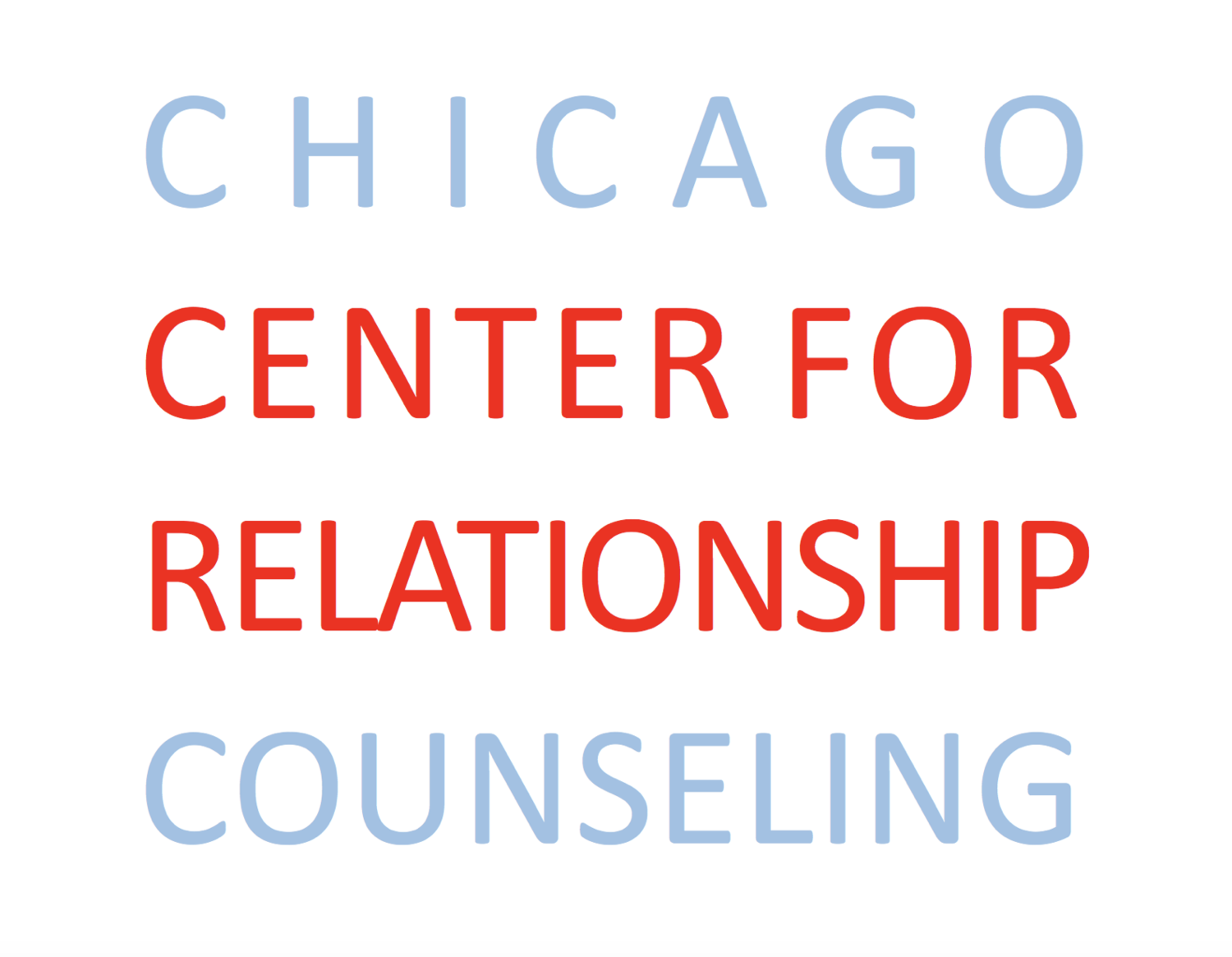Comfort in Discomfort
Humans are social beings; that's why solitary confinement's one of the harshest punishments. Even feeling ignored or unacknowledged in a romantic, platonic, or even work relationship can intensely affect us. Although this planet isn't filled entirely of criminals, we've found ourselves imprisoned in our own homes, held captive by the many current events that we have little to no control over. The majority of us, already juggling our own individual struggles, have found that the pandemic and other uncertainties to further exacerbate our stressors. So what now, besides basking in our doom and gloom? What is the meaning to life and humanity when we can't have physical social interaction?
Researchers Besser and Oishi proposes this concept of a “psychologically rich life” that humans can experience (Besser & Oishi, 2020). They define this concept as a life full of complexity and experiencing deep emotions, which would differ from a boring, monotonous life with routines and lack of depth in emotional experiences. Further studying this (Oishi et al., 2020), Oishi found that a lot of us actually prefer experiencing these difficulties in life for its role in enhancing the richness in our lives; and therefore, equating a “psychologically rich life” to be akin to a “good life.”
With the majority valuing the bumps; build ups; and life-threatening, bloodcurdling, heart-sinking, soul-crushing falls that come with this roller-coaster ride of a life (especially in contrast to those other scenic, slower rides), it would be beneficial for us to identify our safety belt, sunscreen, and ride rules to help us enjoy and appreciate the ride more.
1. Check in with and validate yourself.
When we're so accustomed to interacting and socializing with others, it's quite easy to forget that we also need to interact and socialize with ourselves too; we also have a relationship with ourselves after all. Making it a habit of talking to yourself like how you do with others would benefit you as you strengthen self-awareness and mindfulness. “How am I feeling right now?” “How tired am I?” “Why does my chest feel so heavy?” Upon identifying how you're doing, it's key to be empathetic, kind, and patient with yourself. Similar to how we'd like to be acknowledged, loved, appreciated by others, our bodies and inner self would also flourish when they reap those rewards from ourselves. “It's okay to feel like poo right now, you just worked for hours on end despite being yelled at by coworkers and your boss.” “Of course you're exhausted, you've been juggling work and relationship stress on top of health concerns for your family!” “It's natural for you to be upset about the world right now, you feel powerless but you care so much and that's why you're so passionate about it. It's okay.” You're allowed to feel whatever feelings you're feeling, it's valid. You're human. Please don't forget that.
2. Check in with your needs and acknowledge them.
Sometimes we need to brood, be wistful, cry, scream, punch a wall, or just wallow in the emotion for awhile. Whatever the case may be, it's okay to allow yourself to sit in that human emotion for awhile. Go cry, listen to sad music, punch a pillow/join a kickboxing class, lie on the floor and stare at the ceiling. Ignoring and storing the emotion in the body is biologically unhealthy (not going to get into the details of change in pH level, but your body literally gets sick), your body will try to release that energy eventually. Sitting in the emotion, however long, will help yourself feel validated, loved, and welcomed for being human. Then, when you feel “bored” (i.e. no longer feeling the intensity of the emotion), that's when we can move onto the next part.
3. Identify appreciation (especially self-appreciation) and then self-sooth.
Holidays this 2020 year may not look like how they did in the past, but that doesn't mean there's a lack of things to appreciate. Regardless of when you're reading this, there is assuredly something to appreciate, even the frustrations in life. That person chewing too loudly? We can appreciate that that person is taking care of their basic necessity and taking care of themselves. Also don't forget to appreciate that you were able to sit in the uncomfortable emotion(s) in step two! Finally, you may hear self-care being thrown around a lot. Honestly, self-care doesn't need to mean focusing on hedonistic or eudaoimonic well-being. You just sat through a really difficult emotion, how do you normally like to be consoled/soothed? What is your love language? What sparks joy for you? Do it for yourself, by yourself.
At the end of the day, you can do whatever you want with your life – it's your life after all. Just remember that it's a human life you're living and not a robotic one that can perfect every task and every day. So while we head into the new year, you're highly encouraged to make use of these quarantine times by self-reflecting more on your development. There is the powerlessness of solitary confinement, and there is the power of solitude.
Photo by Chinmay Singh from Pexels
References:
Lorraine L. Besser & Shigehiro Oishi (2020): The psychologically rich life,
Philosophical Psychology, DOI: 10.1080/09515089.2020.1778662
Oishi, S., Choi, H., Koo, M., Galinha, I., Ishii, K., Komiya, A., . . . Besser, L. L. (2020). Happiness, Meaning, and Psychological Richness. Affective Science, 1(2), 107-115. doi:10.1007/s42761-020-00011-z



